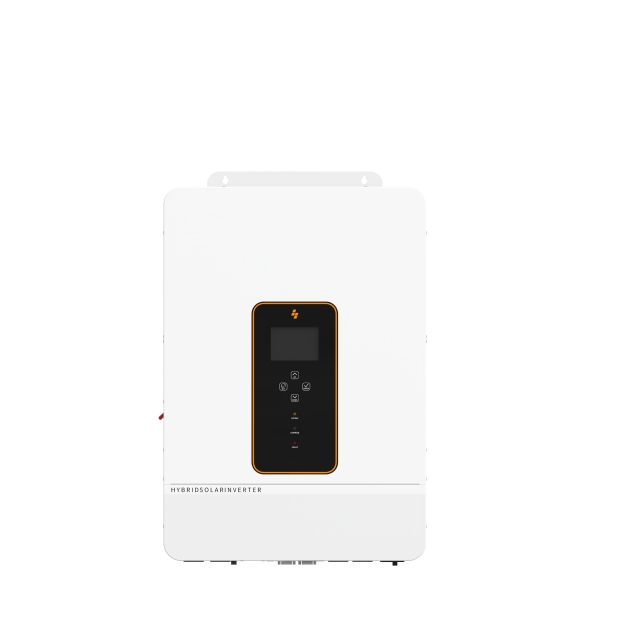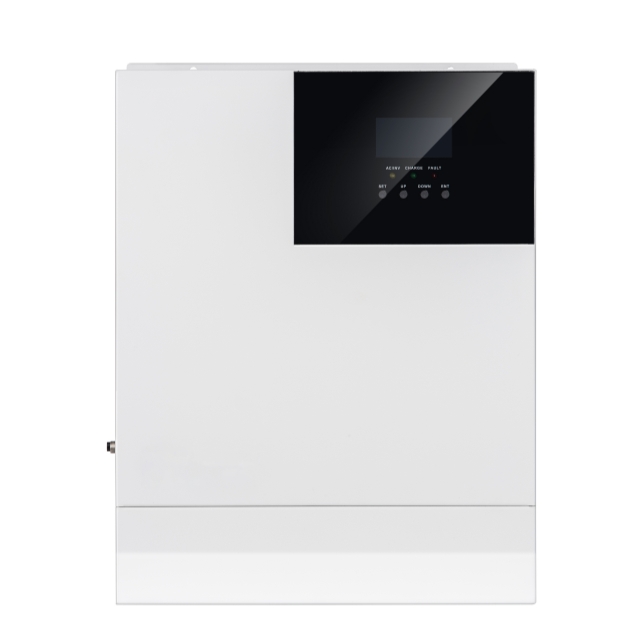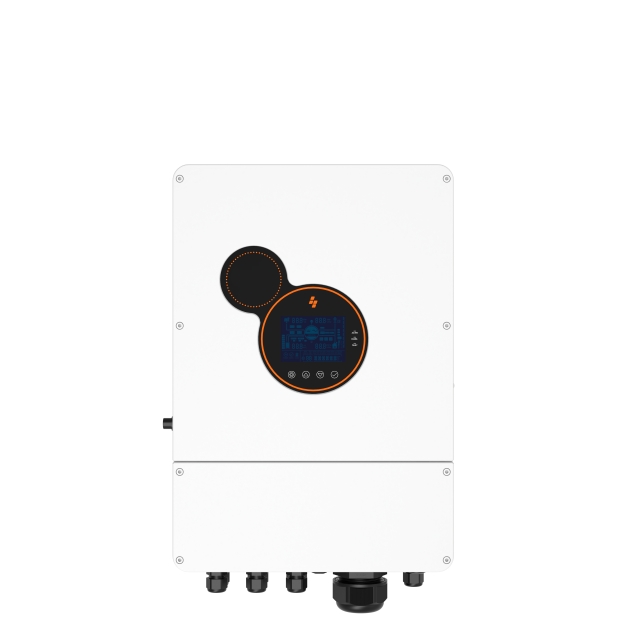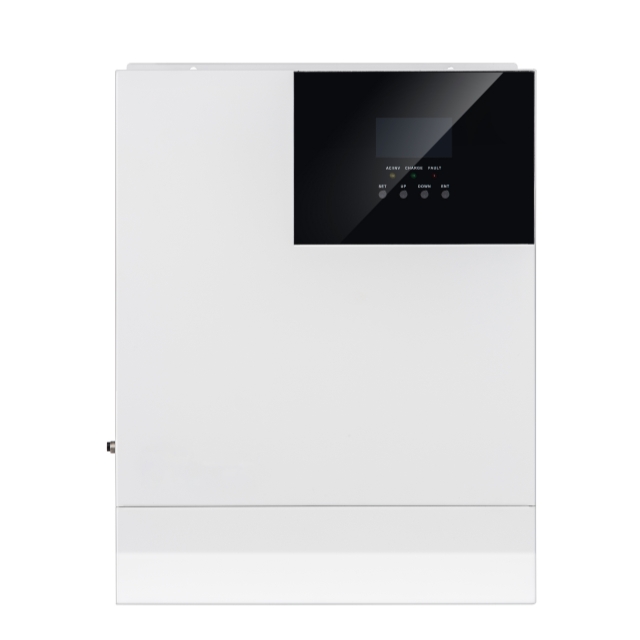![]() Price:
Negotiable
Price:
Negotiable
![]() Model: 98.2%
Model: 98.2%
![]() Power: 8KW
Power: 8KW
![]() Protection Class:
IP20,indoor only
Protection Class:
IP20,indoor only
![]() Cooling:
Cooling:
![]() Conversion Efficiency:
98.2%
Conversion Efficiency:
98.2%
![]() Operating Temperature:
-15-55°C,>45°C
Operating Temperature:
-15-55°C,>45°C
![]() Display:
Display:
![]() Weight: 27kg
Weight: 27kg
![]() Certification: CE,
ISO
Certification: CE,
ISO
![]() Dimensions: 620*445*130mm
Dimensions: 620*445*130mm
![]() Minimum Order Quantity:
1 SET
Minimum Order Quantity:
1 SET
![]() Trading Method:
FOB/CIF/EXW Xiamen Port
Trading Method:
FOB/CIF/EXW Xiamen Port
![]() Place of Origin:
CHINA.
Place of Origin:
CHINA.
The BLD Solar Single phase off-grid inverter is an innovative and reliable solution for converting direct current (DC) power generated by solar panels into alternating current (AC) power that can be used for various applications. This inverter is designed to operate independently from the utility grid, making it ideal for remote areas or locations where electricity is not readily available.
Technical Date:
|
AC power rating |
8KW |
|
Max.MPPT Charging Current |
200A |
|
european efficiency |
98.2% |
|
Rated Battery Voltage |
48Vdc |
|
Input Voltage Range |
90~140Vac |
|
Dimensions |
620*445*130mm |

- Proper installation: The Solar Single phase off-grid inverter should be installed by a qualified technician according to the manufacturer's guidelines and local electrical codes.
- Regular maintenance: Periodic inspection and maintenance are essential to ensure optimal performance and prevent potential issues. Follow the recommended maintenance schedule provided by the manufacturer.
- System compatibility: Consider the compatibility of the inverter with other components of the solar PV system, such as batteries, charge controllers, and solar panels, to ensure seamless operation and maximize system efficiency. In conclusion, the Solar Single phase off-grid inverter offers high efficiency, advanced protection mechanisms, and versatile applications. Its main functions include power conversion, battery charging, and potential grid-tie capability. Proper installation, regular maintenance, and ensuring system compatibility are crucial for optimal performance.
Off Grid Single phase Inverter Product Applications:

TheBLDSolar Single phase off-grid inverter is an innovative and reliable solution for converting direct current (DC) power generated by solar panels into alternating current (AC) power ...

The BLD Solar Single phase off-grid inverter is an innovative and reliable solution for converting direct current (DC) power generated by solar panels into alternating current (AC) powe...

TheBLDSolar Single phase off-grid inverter is an innovative and reliable solution for converting direct current (DC) power generated by solar panels into alternating current (AC) power ...

